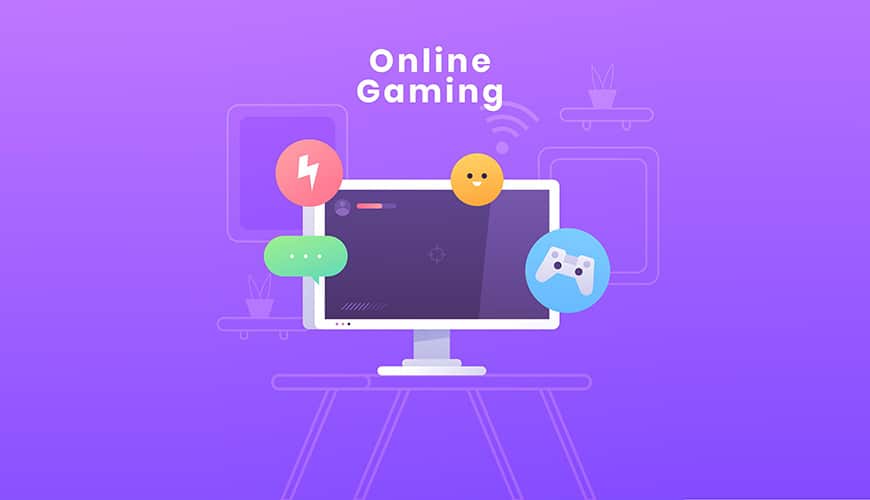Last updated: July 16, 2022
The most valuable thing is the data you create and store on the internet or on your devices. If they are lost or stolen, the result can be devastating.
Our personal data is what lets the world know who we are, what we like, how we plan our day, and what affects us.
Personal data is anything that can be linked to you as an individual and includes:
- Name
- Address (current and previous)
- Date of Birth
- Email address
- Health data, including analyzes and test results
- Identity documents such as passport, driving license, etc.
- Employee data
- Bank details and other financial information
- Login credentials
- Location data
- Biometric data
- Information about your political or religious views
- ..etc.
Some people trivialize the situation. “I have nothing to hide,” we often hear. Yet, the risks are serious, and your data can be sold easily in the darknet for a few tens of euros.
What do cybercriminals do with our data?
Here are some of the misuse of our personal data:
- Sold for secondary attacks such as fraudulent loan applications.
- Used to create accounts to commit fraud.
- Used to access health services using your identity.
- Make fraudulent payments.
- Use data for extortion and blackmail.
- For use in phishing attacks targeted.
5 easy-to-follow steps to protect your data
By changing certain habits and spending a few hours improving your online security, you can significantly minimize the risk of your data being stolen.
I have selected for you the best tools and best practices to help you maintain your online privacy.
Always install the latest software updates
Software companies often release updates that fix vulnerabilities when they are discovered. SO, do not delay software updates, especially on operating systems. Outdated software may still contain security vulnerabilities that can expose you to a data or privacy breach.
Create strong and different passwords for each site
The main mistake made is to use one or more words found in the dictionary, important dates for you, nicknames known to those around you or even logical sequences of numbers or letters. As a reminder, last year, the most popular password was "123456" .
Create strong passwords et never use the same password on all sites or devices. Because if, unfortunately, someone still manages to discover your password (by phishing, by observing you typing on your keyboard or otherwise), they would then have access to all of your data on all the services in question. line you are using.
To remember all your password combinations, use a password manager like 1Password or LastPass.
Encrypt your data
Protecting your data also means making it inaccessible in the event of loss or theft. A user account with password is insufficient. The solution is to use encryption.
Encryption is designed to scramble your data. It is not only useful for protecting the information on your computer, but also for ensuring that text messages and emails on your phone are not subject to prying eyes.
There are free apps available for iPhone and Android that are easy to use, including Signal and WhatsApp.
On your computer, you can use full disk protection using Bitlocker or individual file or folder encryptions using Encryption File System (EFS). There is also TrueCrypt to protect folders on the hard drive or the contents of an external hard drive.
Back up your data
If something should happen to your personal data, or if you lose everything, you can quickly recover it without hassle if it is backed up. Backups help protect your photos, documents and other data not only against technical malfunction, but also against ransomwares and other malicious hacks. Save to a online storage service, an external hard drive or both for better data protection.
Be less social on the web
Minimize the amount of personal data you have on social media platforms. This includes things like the dates you will be traveling and personal details like the name of your favorite teacher, the name of your favorite animal, etc.
Social media is full of data that cybercriminals can exploit at will. Information such as your favorite pet is sometimes used to scrape account credentials – don't give hackers an easy way to access your online accounts!





Need help ? Ask your question, FunInformatique will answer you.